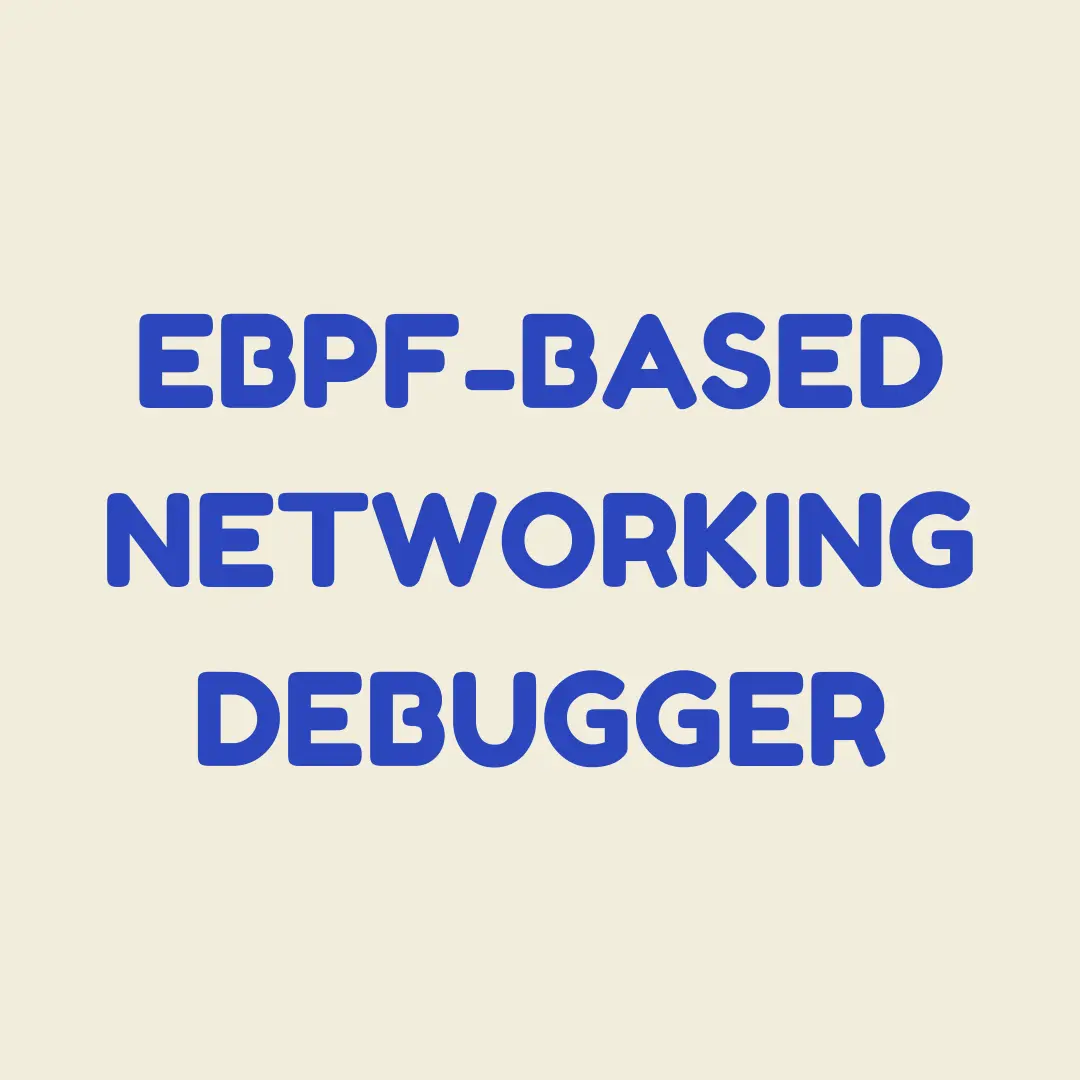pwru: eBPF-Based Linux Kernel Networking Debugger

In complex Linux networking environments, diagnosing packet flow issues can be challenging. Traditional tools often lack the granularity needed for in-depth analysis. Enter pwru—short for "Packet, where are you?"—an eBPF-based tool designed to trace network packets within the Linux kernel, providing advanced filtering capabilities for precise debugging.
What Is pwru?
pwru leverages eBPF (extended Berkeley Packet Filter) technology to attach debugging programs to kernel functions responsible for packet processing. This approach offers a detailed view of packet journeys through the kernel, surpassing the insights provided by traditional tools like tcpdump or Wireshark.
Key Features
Advanced Filtering: Apply fine-grained filters to monitor specific packets based on criteria such as function names, interfaces, network namespaces, and more.
Detailed Packet Tracing: Trace packets through various kernel functions to identify where drops or delays occur, facilitating efficient troubleshooting.
Integration with Text Editors: Launch your preferred text editor, such as Vim or Emacs, directly from Rucola for in-depth editing.
JSON Output: Export trace data in JSON format for integration with other analysis tools or for automated processing.
Docker and Kubernetes Support: Run pwru within Docker containers or Kubernetes pods, enabling seamless integration into modern deployment environments.
Installation
pwru requires a Linux kernel version 5.3 or higher. For certain features, later versions are necessary:
Kernel 5.9+: Required for
--output-skboption.Kernel 5.18+: Required for
--backend=kprobe-multioption.
Ensure that debugfs is mounted at /sys/kernel/debug. If the directory is empty, mount it using:
mount -t debugfs none /sys/kernel/debug
Download the statically linked executable for x86_64 and arm64 from the release page.
Usage
After installation, run pwru with appropriate options and filters. For example, to trace packets related to a specific IP address:
./pwru --output-tuple 'host 1.1.1.1'
This command traces packets to or from the IP address 1.1.1.1, displaying their journey through the kernel.
Real-World Application
In a real-world scenario, pwru was instrumental in diagnosing a complex packet drop issue involving IP masquerading and Linux AppArmor. By tracing the packet's path, pwru revealed that packets were being dropped due to mismatched source addresses selected during IP masquerading, which were not aligned with the expected network interfaces. This insight was pivotal in resolving the connectivity problem.
Conclusion
pwru stands as a powerful tool for Linux kernel networking debugging, offering unparalleled insights into packet flows with its eBPF-based tracing and advanced filtering capabilities. Its integration into modern workflows, including containerized environments, makes it an invaluable asset for network engineers and system administrators aiming to resolve connectivity issues with precision.
For more information and to access the source code, visit the pwru GitHub repository.
Enhance your system reliability with Akmatori, an AI-powered SRE assistant that predicts failures, assists in creating more reliable systems, and accelerates root cause analysis during incidents.
